Macron ditches EU summit to rush home amid growing unrest for police killing of teen
France's President Emmanuel Macron has rushed home from an EU summit for a crisis meeting, after a third night of protests over a policeman's killing of a teen.
Macron was convening his cabinet for a second crisis meeting on Friday, following another night of unrest and protesting in several French cities.
Nahel M, a 17-year-old boy of North African origin, was killed by police at a traffic stop in the Parisian suburb town of Nanterre on Tuesday, triggering unrest and clashes among French society's minorities enraged by police brutality and racism.
The widespread unrest presents a dangerous situation that is getting worse after opening old racial wounds in the society.
The mother of the killed teenager, whose unwarranted death has triggered the unrest, said on Thursday that her son's death was racially motivated.
She said the 38-year-old police officer, who killed her son and has since been charged with voluntary homicide, "saw an Arab face" and racism led him to avoid other ways of controlling her son, who was at the wheel of the car.
"He didn't need to kill my son. A bullet? So close to his chest? No, no," the single mother described as a worker in the medical sector said, bursting into tears.
The officer "saw an Arab face, a little kid, and wanted to take his life," she said.
"How long is this going to go on for? How many other children are going to go like this? How many mothers will find themselves like me?" she cried.
The Interior Ministry deployed 40,000 police officers on Thursday night in a bid to quell a third night of unrest.
Violence broke out in Marseille, Lyon, Pau, Toulouse, and Lille as well as parts of Paris.
At least 667 people were arrested across France overnight, Interior Minister Gerald Darmanin said on Twitter, as protesters clashed with police.
Transport Minister Clement Beaune told RMC radio that public transport in the Paris region would be severely disrupted on Friday and did not rule out an early closure of the network. Twelve buses were set on fire and destroyed overnight in a depot in Aubervilliers, in the north of Paris.
In Nanterre, where the victim lived on Paris's western outskirts, protesters torched cars, barricaded streets, and hurled projectiles at police following an earlier peaceful vigil led by Mounia that was held to pay tribute to the dead boy.
In the south, police fired tear gas grenades and Marseille's tourist hot spot of Le Vieux Port was evacuated as youths clashed with police.
In Roubaix, in northern France, a fire destroyed the office of the TESSI company and several cars were set on fire.
The unrest has revived memories of riots in 2005 which convulsed France for three weeks and forced then-president Jacques Chirac to declare a state of emergency.
Israel preparing to stay in southern Lebanon after ceasefire: Report
Israeli pressure on Hamas ‘hardly helped’; swap deal necessary: Ex-Mossad chief
Far-right Israeli minister Ben-Gvir again storms al-Aqsa Mosque
Iran: Israel’s attack on journalists’ vehicle in Gaza amounts to ‘war crime’
VIDEO | Israel’s war spending
Palestine Action wins again
VIDEO | Palestinian Authority's blockade of Jenin refugee camp reaches third week
Dec. 25: ‘Axis of Resistance’ operations against Israeli occupation


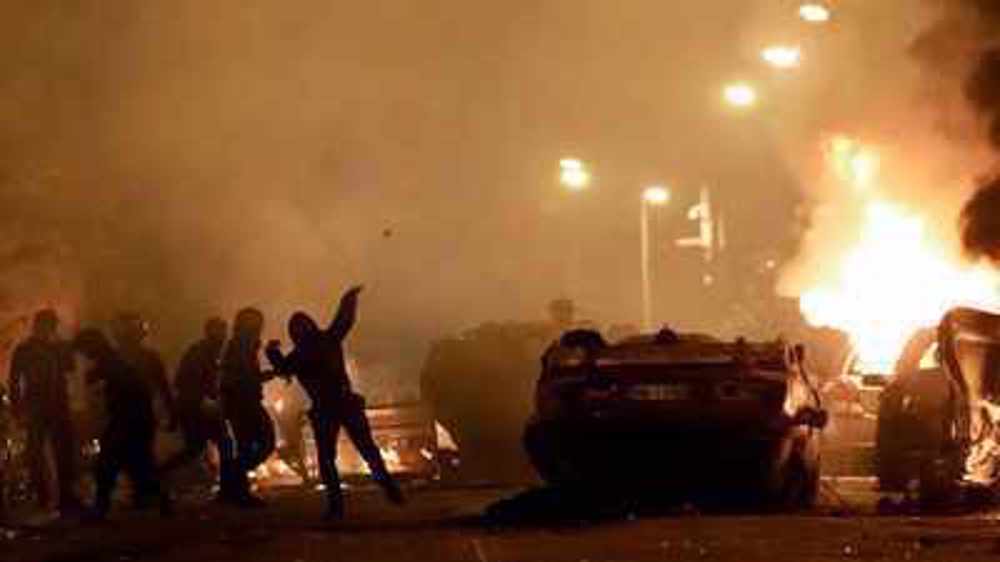
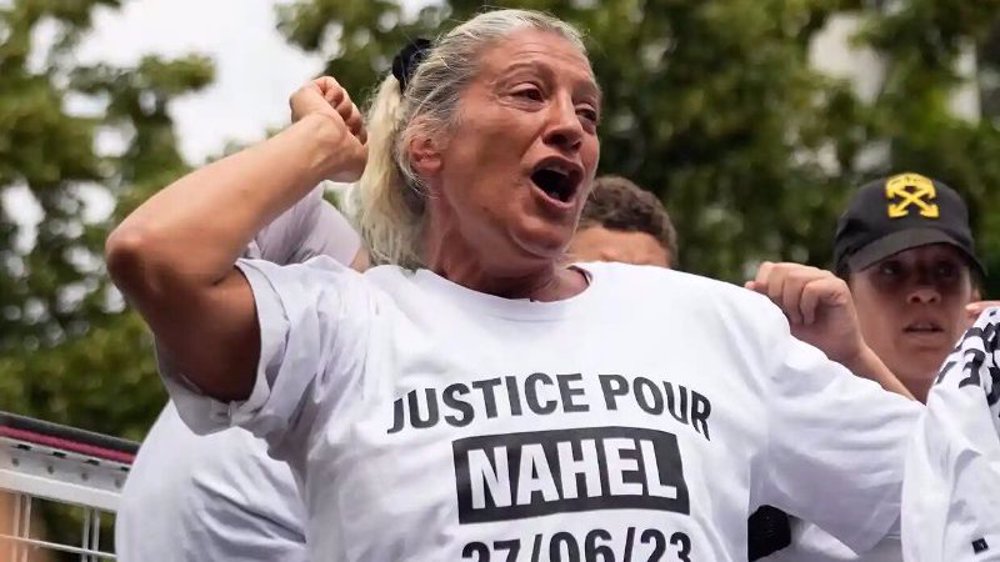


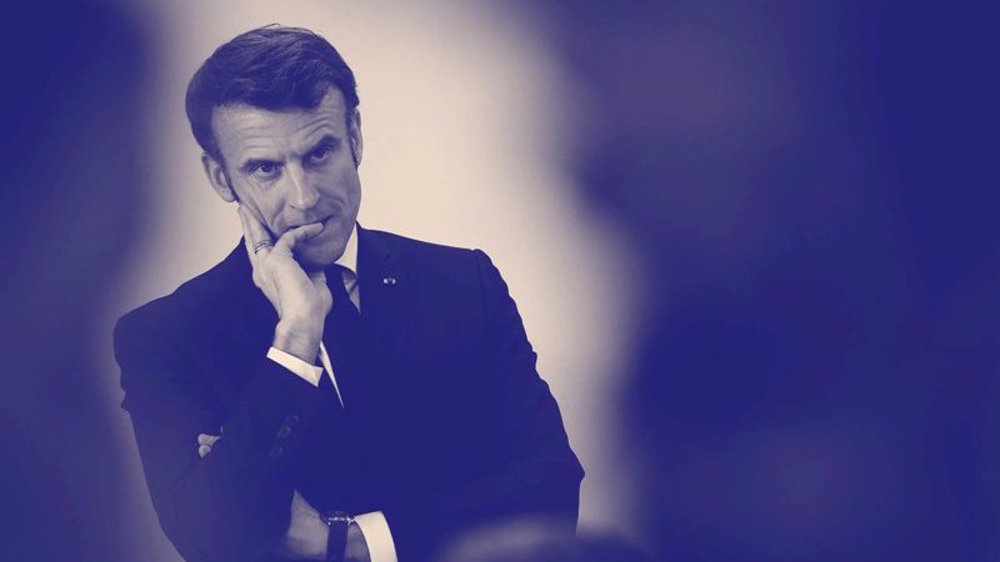



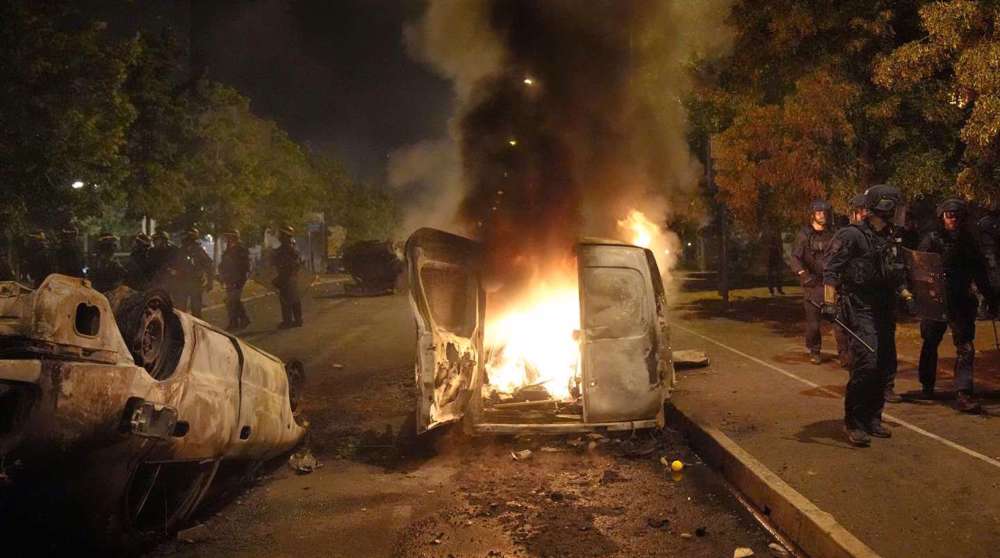
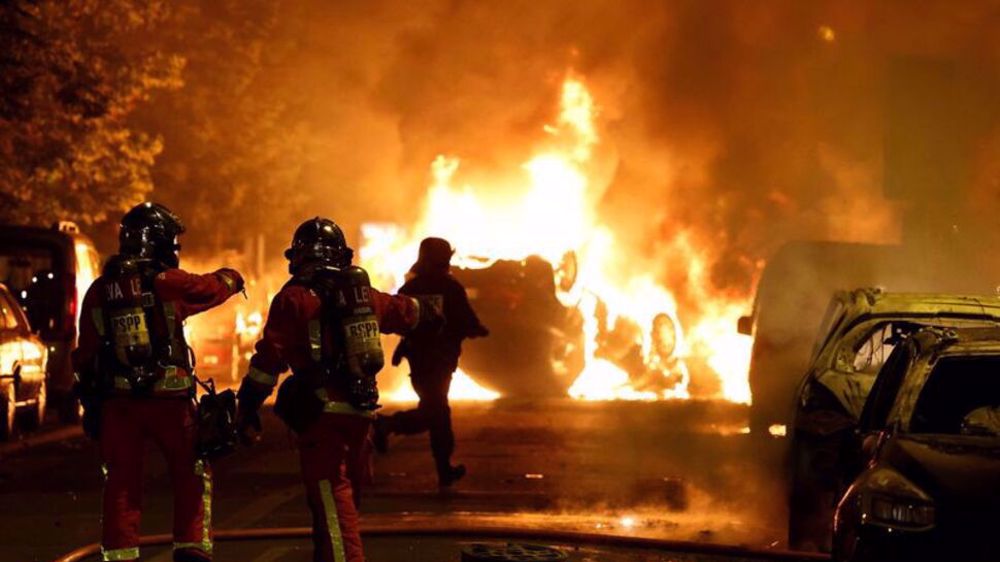
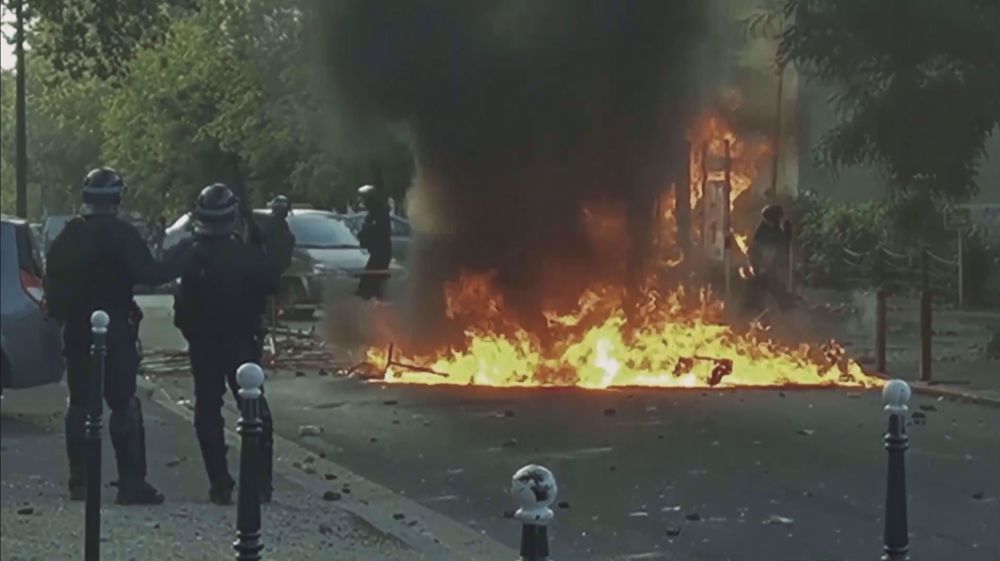
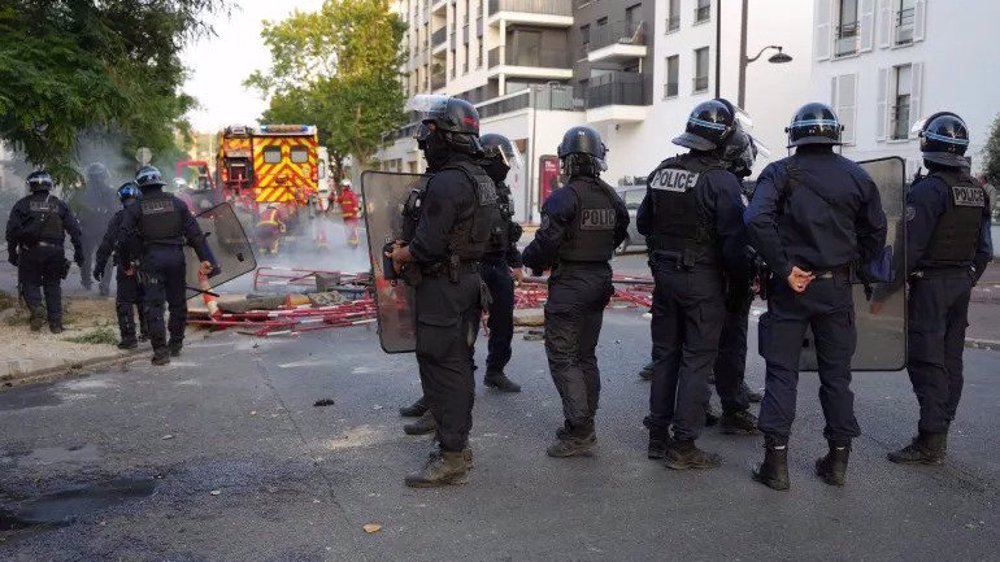

 This makes it easy to access the Press TV website
This makes it easy to access the Press TV website